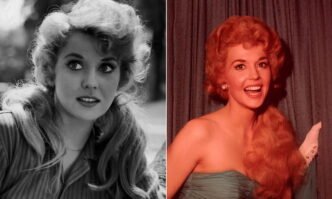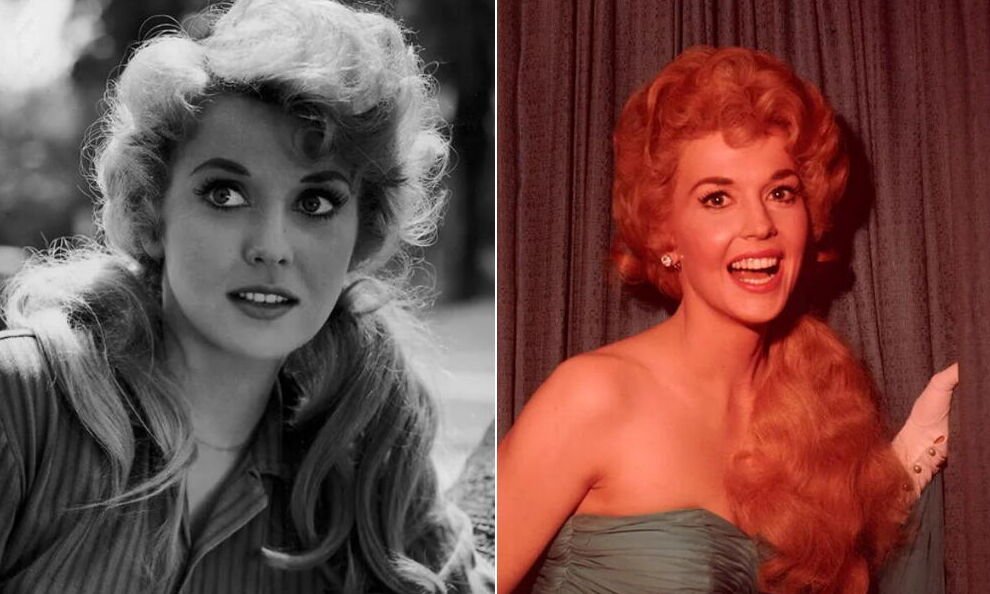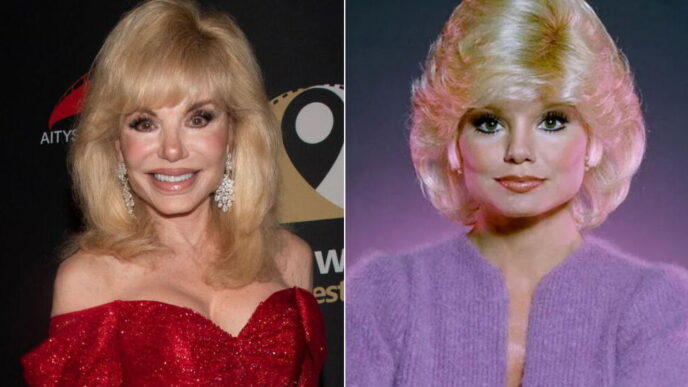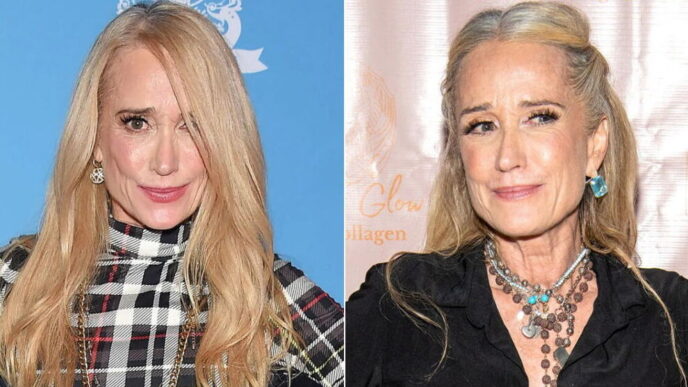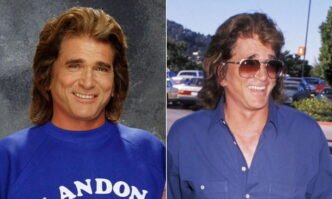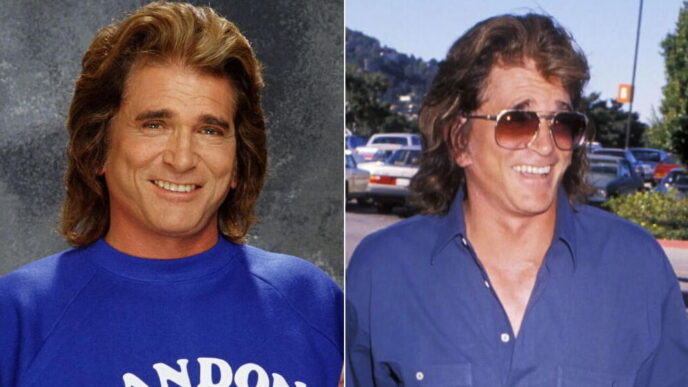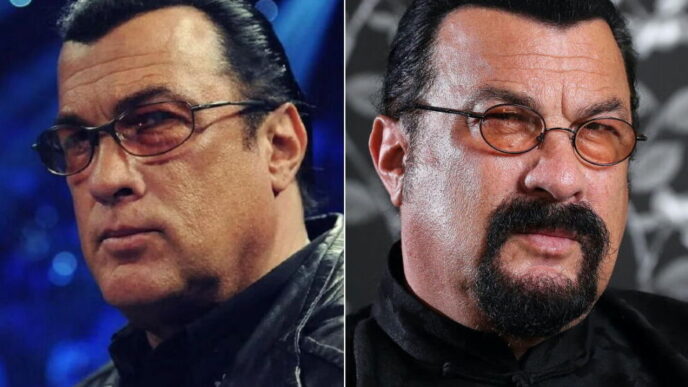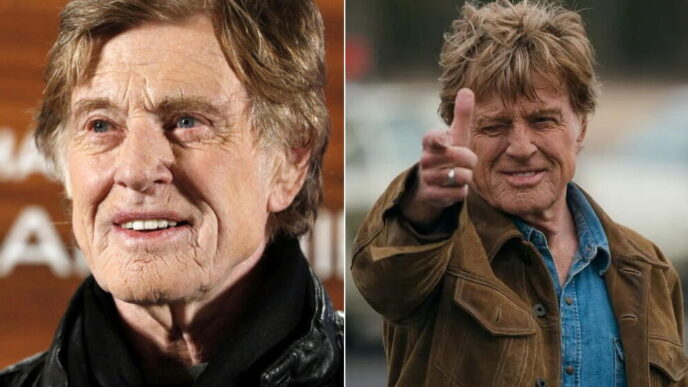Early Life and Background
Born in New York City on October 10, 1920, Robert Milton Leeds. His upbringing in New York City shaped his career in entertainment. Leeds was drawn to cinematic storytelling early on, launching a successful film editing and television directing career.
Career Beginnings
Leeds started his career in entertainment in the mid-20th century, when television was booming. His first job was supervising film editor for Jack Webb’s Mark VII Productions. His editing helped shape famous series like “Dragnet,” demonstrating his ability to generate captivating plots that captured audiences nationally.
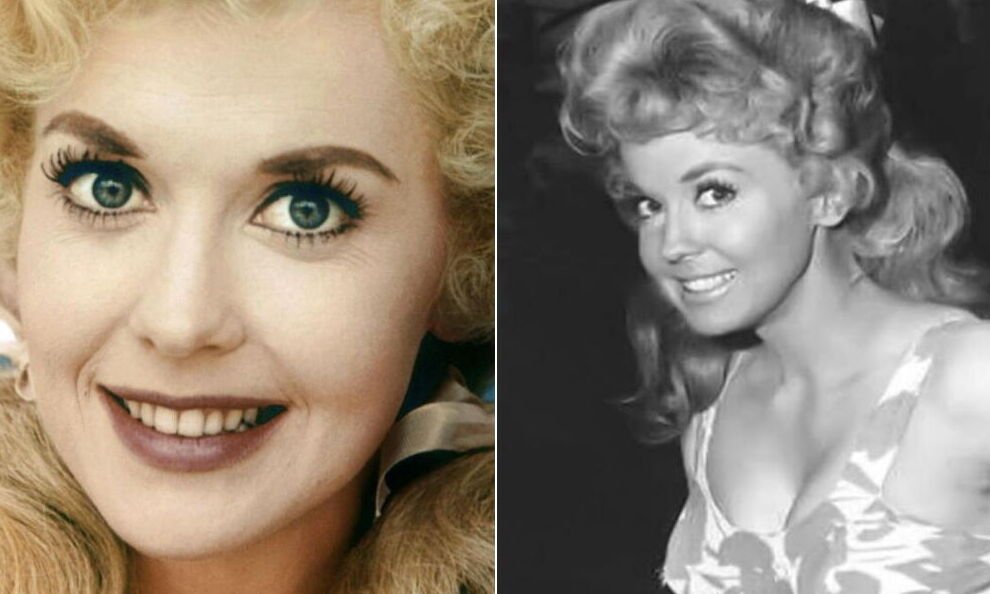
Notable Works
His “Dragnet” work was just the start. Leeds tried crime dramas and science fiction. He edited and directed “The D.A.’s Man” episodes in 1959, showing his versatility and genre knowledge. His work on “Project U.F.O.” and “Unmasked” solidified his reputation as a talented filmmaker and editor.
Leeds directed many episodes of “The Beverly Hillbillies,” making it a TV classic. His ability to balance humor and narrative depth on “The Beverly Hillbillies” helped the show’s longevity.
Filmography and Television Directing
Leeds has worked in movies and TV shows, demonstrating his versatility. His films “The Six Million Dollar Man,” “Pete Kelly’s Blues,” and “-30-” showcased his ability to tell distinctive stories. His direction on “Return of the Beverly Hillbillies” showed his ability to create compelling visual storytelling.
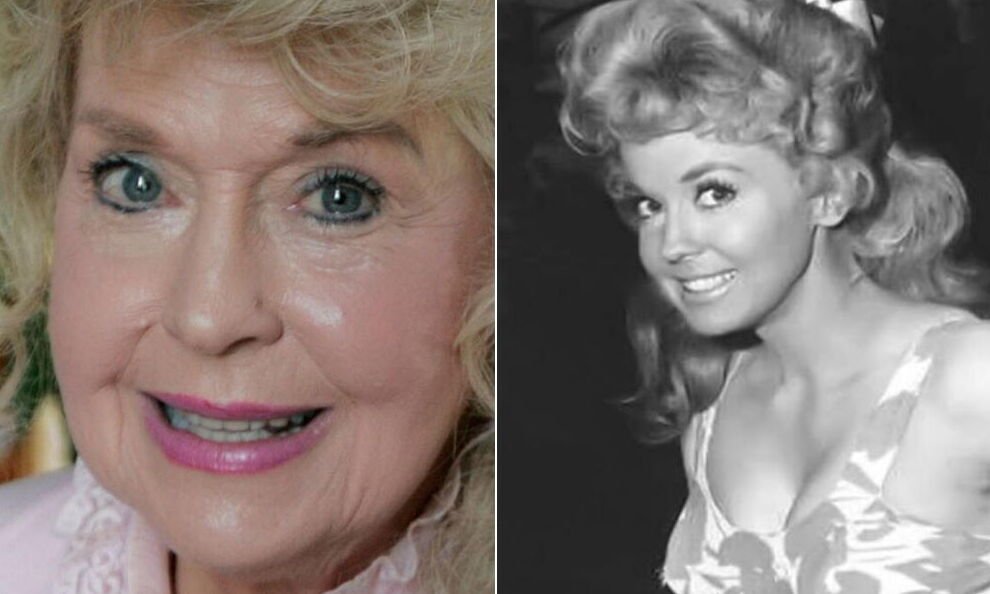
Personal Life
Leeds married “The Beverly Hillbillies” star Donna Douglas in 1971. Their 1980 divorce followed nine years of marriage. Leeds married Carol L. Moberg on October 24, 1982. Besides his professional achievements, he loved being a father. His daughter Cassie Lasazan, stepson Greg Zem, stepdaughters Cathy Bass and Laurie Winkle, and seven grandchildren survived him.
Legacy and Impact
Two days shy of his 80th birthday, Robert M. Leeds died in Hemet, California, on October 8, 2000. His editing and directing skills shaped television and film narratives during his period. Leeds raised the bar for directors and editors by flawlessly blending drama, humor, and suspense into his projects.
Leeds’ ability to adapt and reinvent kept his work current for decades. His work inspired modern television and film storytelling. Robert M. Leeds showed that editing and directing can create stories that last.

